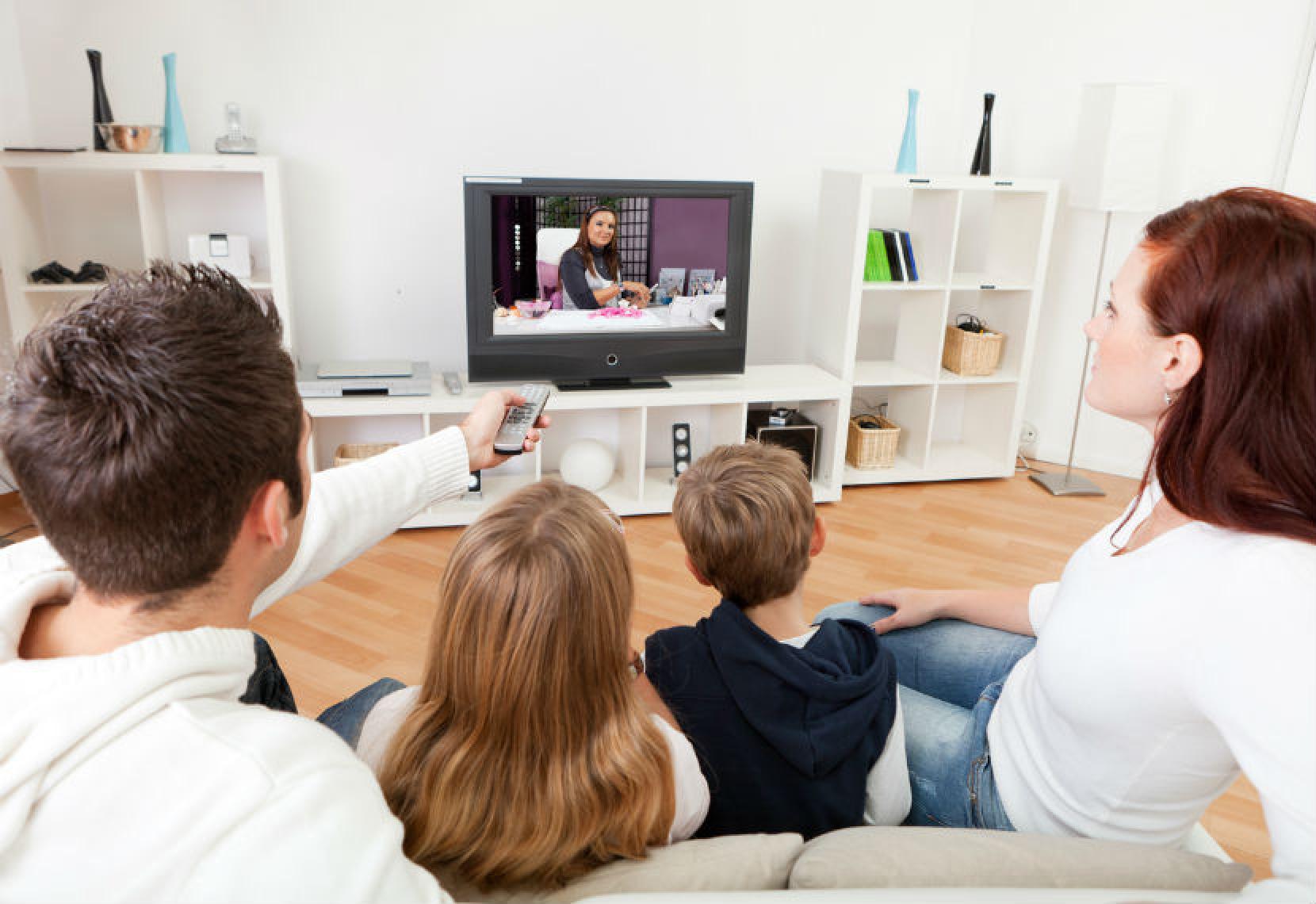As President Donald Trump prepares to slash domestic spending, funding for public broadcasting is reportedly on his list — a horrible blow to rural, poverty-stricken communities.
In many rural areas, particularly in states that lean Republican, public broadcasting stations are the only option for information. Residents often have limited internet access or spotty cell service. Cable might not be a choice.
The Corporation for Public Broadcasting, or CPB, provides millions of federal dollars each year to 1,500 radio and television stations in every state at a cost of $1.35 per taxpayer. Most of those stations depend heavily on federal funding for at least 22 percent of their budget, some more than 70 percent.
If the funding does get eliminated, those stations might not survive. More than 20,000 jobs would be at risk. This is a bigger issue than the meme that Congress is threatening Big Bird. Eliminating the CPB could cost lives.
Rural communities are vulnerable without broadcasted information. Public stations send out AMBER alerts, the system that tracks missing children. They broadcast critical warnings about severe weather. Many stations in states like South Dakota and Alabama serve as Emergency Alert Service hubs, disseminating life-saving information.
During last year’s devastating floods, WLPB-TV in Baton Rouge was one of the Louisiana Public Broadcasting stations providing critical information that saved lives. Those stations later raised relief funds for damaged schools.
When Hurricane Katrina hit in 2005, Mississippi public stations, such as WMAW-FM in Meridian, advised people how to protect themselves. Those stations served as a lifeline for worried families across the state.
In West Texas, the public radio station in Marfa, KRTS, played a crucial role during the 2011 wildfires that burned more than 300,000 acres. The station saved lives by broadcasting where the fire was moving. Police and volunteers called with updates. But KRTS depends on federal funds for more than 30 percent of its revenue. Without it, the station might disappear.
More than 95 percent of America now has access to crucial emergency information, partially thanks to the CPB.
But there are other benefits that some politicians might not understand, necessities that each community deserves — no matter the size or demographic. We have the right to information, the right to local news and unbiased reporting, free from the pressures of advertisers. All communities need at least one media outlet dedicated to their town. Public broadcasting offers a venue for public discourse and civil engagement, which are essential tools for a democracy. Now they might be at risk.
The most visible recipients of CPB funds — PBS and NPR — are often labeled bastions of liberalism, supported by taxpayer money. Rescinding federal funds would be a triumph for the GOP, but PBS and NPR will survive. Smaller, rural stations might not.
During a Republican senator’s town hall meeting in Arkansas, a 7-year-old boy said that President Trump was “deleting all the parks and PBS Kids just to make a wall.” In many rural areas, PBS Kids is the only children’s programming.
Larger public stations, like those in San Francisco or Boston, have opportunities to fundraise or gather sponsors. Rural stations have a tougher time. And often their operating costs are higher because they need multiple transmitters to reach far-flung regions.
But states where voters favored Trump in November are well funded by the CPB. Florida was given almost $15 million in 2014; Indiana received more than $8 million, and Kentucky more than $6 million.
Funding for arts programs, including the CPB, is such a small portion of the projected budget — less than 0.07 percent. Trump could punish states that need public broadcasting the most.
By threatening to slash CPB funding, Trump is further isolating his core constituency — a danger to every community in America.
Kate Winkler Dawson is a senior lecturer of journalism in the Moody College of Communication at The University of Texas at Austin.
A version of this op-ed appeared in the Fort Worth Star Telegram and the Dallas Morning News.
To view more op-eds from Texas Perspectives, click here.
Like us on Facebook.




